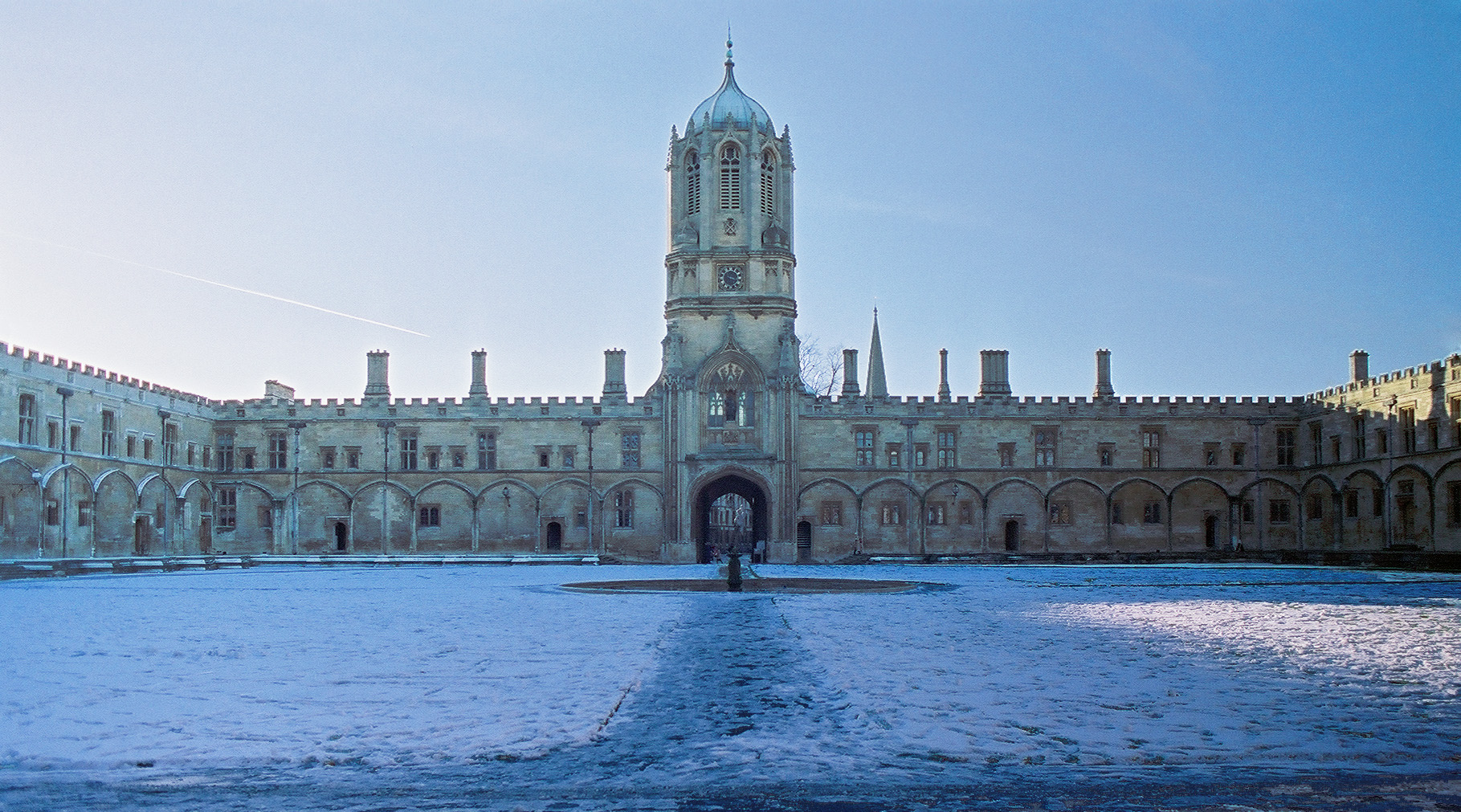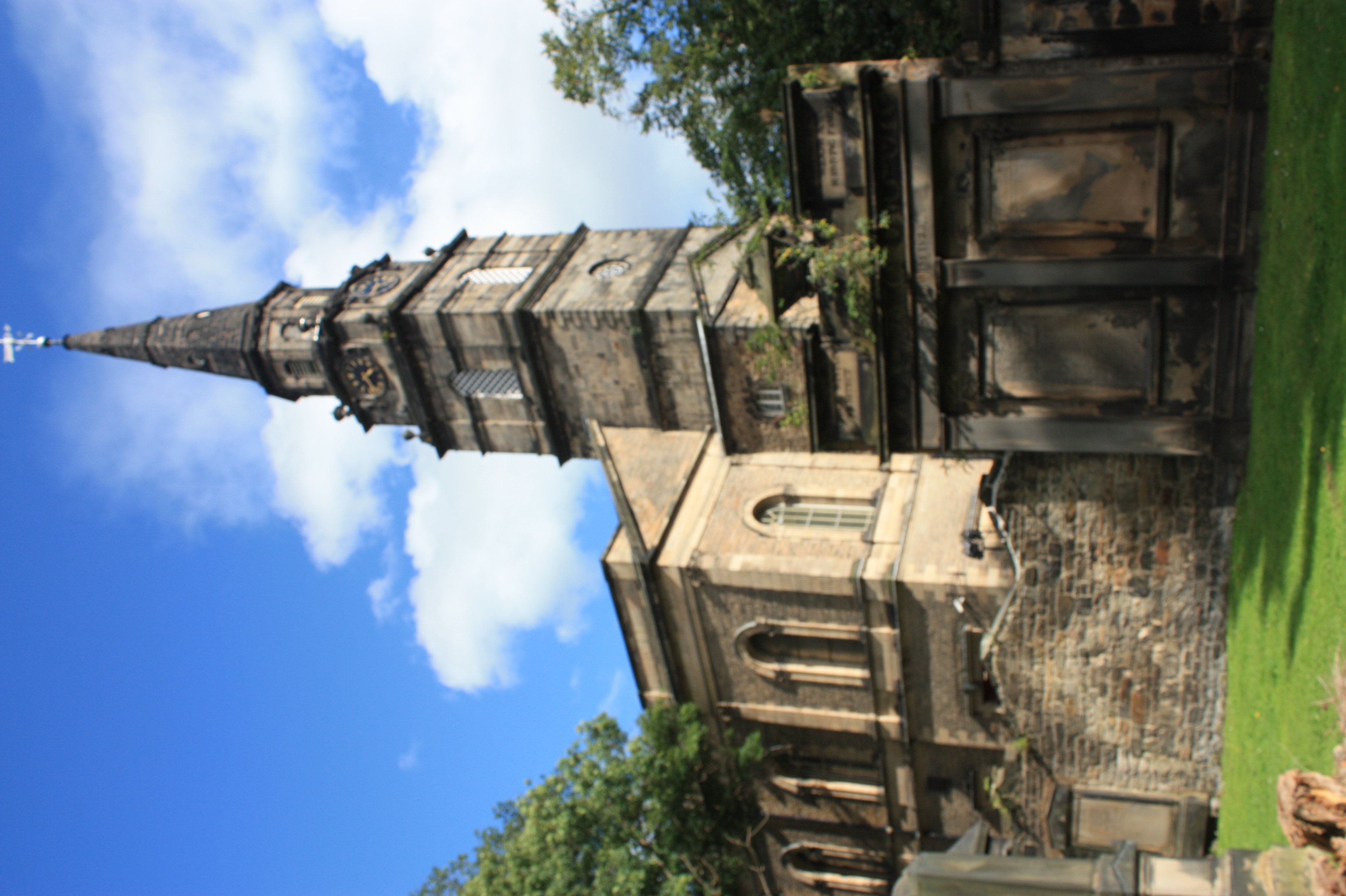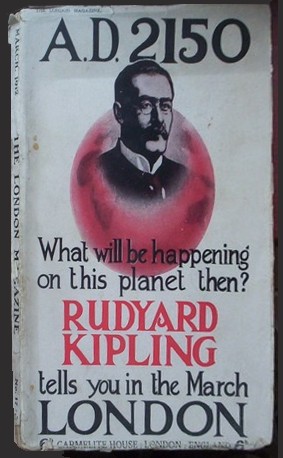|
Isabella Moncrieff
Lady Isabella Moncrieff (1775–1846), who wrote under the name of Martha Blackford, was a Scottish writer who wrote numerous children books. Biography Isabella Moncrieff was the daughter of Reverend Henry Moncrieff-Wellwood and Susan Barclay. In 1803, she married Sir John Stoddart, who was Chief Justice of Malta, and came to also be known as Lady Stoddart. In 1819, she published her first book '' The Eskdale Herd-Boy'' under the pen name of Martha Blackford. The subtitle of the book refers to the aim of "instructing young people" and to this Moncrieff further explained that her purpose was to create characters that could "impress on the minds of her young readers, the permanent advantages of early integrity and gratitude". The '' American Sunday School Magazine'' criticised the portrayal of characters that were "not always the most natural" and labelled the work as "deficient" and therefore stated it was not suitable for young audiences. On the other hand, ''The London M ... [...More Info...] [...Related Items...] OR: [Wikipedia] [Google] [Baidu] |
John Stoddart
Sir John Stoddart (6 February 1773 – 16 February 1856) was an English journalist and lawyer, who served as editor of ''The Times''. Biography Stoddart, who was born at Salisbury, was the eldest son of John Stoddart, who was a lieutenant in the Royal Navy. His only sister, Sarah, married, on 1 May 1808, William Hazlitt. Stoddart was educated at Salisbury Grammar School, and, subsequently, at Christ Church, Oxford, at which he matriculated on 25 October 1790, and graduated B.A. in 1794, B.C.L. in 1798, and D.C.L. in 1801. He was admitted as a member of the College of Advocates in 1801, and from 1803 to 1807 he was the Advocate of the Crown and of the Admiralty at Malta. During his time in Malta Stoddart was visited by Samuel Taylor Coleridge. Journalism Stoddart subsequently returned to England to practice in the Doctors' Commons. In 1810, he started an association with ''The Times'', for which he served as a leader-writer from 1812. In April 1814, Stoddart entered into an ... [...More Info...] [...Related Items...] OR: [Wikipedia] [Google] [Baidu] |
Henry Moncreiff-Wellwood
Henry Moncreiff-Wellwood 8th Baronet of Tullibole FRSE (6 February 1750–9 August 1827) was both a baronet in the Baronetage of Nova Scotia and minister of the Church of Scotland who served as Moderator of the General Assembly of the Church of Scotland in 1785. At age only 35 he was one of the youngest-ever moderators. He served as Chaplain to King George III in Scotland. Life He was born Henry Wellwood Moncreiff at Blackford manse near Stirling on 6 February 1750, the eldest son of Catherine Wellwood and Sir William Moncreiff, Baronet, who equally had the dual claim to fame of being minister of the parish. After a local education he studied at the University of Glasgow from 1763. He then studied divinity at the University of Edinburgh. On the death of his father it was established that he should fill the role of minister in his stead but he was not yet old enough. In 1768 he removed to the University of Edinburgh to complete his studies. He was ordained by the Presbyter ... [...More Info...] [...Related Items...] OR: [Wikipedia] [Google] [Baidu] |
Scottish People
The Scots ( sco, Scots Fowk; gd, Albannaich) are an ethnic group and nation native to Scotland. Historically, they emerged in the early Middle Ages from an amalgamation of two Celtic-speaking peoples, the Picts and Gaels, who founded the Kingdom of Scotland (or ''Alba'') in the 9th century. In the following two centuries, the Celtic-speaking Cumbrians of Strathclyde and the Germanic-speaking Angles of north Northumbria became part of Scotland. In the High Middle Ages, during the 12th-century Davidian Revolution, small numbers of Norman nobles migrated to the Lowlands. In the 13th century, the Norse-Gaels of the Western Isles became part of Scotland, followed by the Norse of the Northern Isles in the 15th century. In modern usage, "Scottish people" or "Scots" refers to anyone whose linguistic, cultural, family ancestral or genetic origins are from Scotland. The Latin word ''Scoti'' originally referred to the Gaels, but came to describe all inhabitants of Scotland. Cons ... [...More Info...] [...Related Items...] OR: [Wikipedia] [Google] [Baidu] |
The Reverend
The Reverend is an style (manner of address), honorific style most often placed before the names of Christian clergy and Minister of religion, ministers. There are sometimes differences in the way the style is used in different countries and church traditions. ''The Reverend'' is correctly called a ''style'' but is often and in some dictionaries called a title, form of address, or title of respect. The style is also sometimes used by leaders in other religions such as Judaism and Buddhism. The term is an anglicisation of the Latin ''reverendus'', the style originally used in Latin documents in medieval Europe. It is the gerundive or future passive participle of the verb ''revereri'' ("to respect; to revere"), meaning "[one who is] to be revered/must be respected". ''The Reverend'' is therefore equivalent to ''The Honourable'' or ''The Venerable''. It is paired with a modifier or noun for some offices in some religious traditions: Lutheran archbishops, Anglican archbishops, and ... [...More Info...] [...Related Items...] OR: [Wikipedia] [Google] [Baidu] |
Henry Moncrieff-Wellwood (moderator)
Henry Moncreiff-Wellwood 8th Baronet of Tullibole FRSE (6 February 1750–9 August 1827) was both a baronet in the Baronetage of Nova Scotia and minister of the Church of Scotland who served as Moderator of the General Assembly of the Church of Scotland in 1785. At age only 35 he was one of the youngest-ever moderators. He served as Chaplain to King George III in Scotland. Life He was born Henry Wellwood Moncreiff at Blackford manse near Stirling on 6 February 1750, the eldest son of Catherine Wellwood and Sir William Moncreiff, Baronet, who equally had the dual claim to fame of being minister of the parish. After a local education he studied at the University of Glasgow from 1763. He then studied divinity at the University of Edinburgh. On the death of his father it was established that he should fill the role of minister in his stead but he was not yet old enough. In 1768 he removed to the University of Edinburgh to complete his studies. He was ordained by the Presbyter ... [...More Info...] [...Related Items...] OR: [Wikipedia] [Google] [Baidu] |
Chief Justice Of Malta
The Chief Justice of Malta is the primus inter pares of the members of the Maltese judiciary and leads the business of the Superior Courts of Malta. Appointment The Chief Justice is appointed by the President of Malta by a two-thirds resolution of the House of Representatives of Malta The Parliament of Malta ( mt, Il-Parlament ta' Malta) is the constitutional legislative body in Malta, located in Valletta. The parliament is unicameral, with a democratically elected House of Representatives and the President of Malta. By const .... The Judicial Appointments Committee, which is in charge of recommending the appointment of the members of the judiciary, is not consulted on the appointment of the Chief Justice. This to ensure that the outgoing Chief Justice would not have a say on the choice of his/her successor.{{Cite web, url=http://www.independent.com.mt/articles/2017-12-30/local-news/New-Chief-Justice-to-be-appointed-by-government-in-consultation-with-the-Opposition-673618 ... [...More Info...] [...Related Items...] OR: [Wikipedia] [Google] [Baidu] |
The Eskdale Herd-Boy
''The'' () is a grammatical article in English, denoting persons or things that are already or about to be mentioned, under discussion, implied or otherwise presumed familiar to listeners, readers, or speakers. It is the definite article in English. ''The'' is the most frequently used word in the English language; studies and analyses of texts have found it to account for seven percent of all printed English-language words. It is derived from gendered articles in Old English which combined in Middle English and now has a single form used with nouns of any gender. The word can be used with both singular and plural nouns, and with a noun that starts with any letter. This is different from many other languages, which have different forms of the definite article for different genders or numbers. Pronunciation In most dialects, "the" is pronounced as (with the voiced dental fricative followed by a schwa) when followed by a consonant sound, and as (homophone of the archaic pr ... [...More Info...] [...Related Items...] OR: [Wikipedia] [Google] [Baidu] |
American Sunday School Magazine
American(s) may refer to: * American, something of, from, or related to the United States of America, commonly known as the "United States" or "America" ** Americans, citizens and nationals of the United States of America ** American ancestry, people who self-identify their ancestry as "American" ** American English, the set of varieties of the English language native to the United States ** Native Americans in the United States, indigenous peoples of the United States * American, something of, from, or related to the Americas, also known as "America" ** Indigenous peoples of the Americas * American (word), for analysis and history of the meanings in various contexts Organizations * American Airlines, U.S.-based airline headquartered in Fort Worth, Texas * American Athletic Conference, an American college athletic conference * American Recordings (record label), a record label previously known as Def American * American University, in Washington, D.C. Sports teams Soccer * ... [...More Info...] [...Related Items...] OR: [Wikipedia] [Google] [Baidu] |
London Magazine
''The London Magazine'' is the title of six different publications that have appeared in succession since 1732. All six have focused on the arts, literature and miscellaneous topics. 1732–1785 ''The London Magazine, or, Gentleman's Monthly Intelligencer'' was founded in 1732 in political opposition and rivalry to the Tory-supporting ''Gentleman's Magazine'' and ran for 53 years until its closure in 1785. Edward Kimber became editor in 1755, succeeding his father Isaac Kimber. Henry Mayo was editor from 1775 to 1783. Publishers included Thomas Astley. 1820–1829 In 1820 the ''London Magazine'' was resurrected by the publishers Baldwin, Craddock & Joy under the editorship of John Scott who formatted the magazine along the lines of the Edinburgh publication ''Blackwood's Magazine''. It was during this time that the magazine published poems by William Wordsworth, Percy Bysshe Shelley, John Clare and John Keats. In September 1821 the first of two instalments of Thomas De Quinc ... [...More Info...] [...Related Items...] OR: [Wikipedia] [Google] [Baidu] |
Chronicle Of The Times
A chronicle ( la, chronica, from Greek ''chroniká'', from , ''chrónos'' – "time") is a historical account of events arranged in chronological order, as in a timeline. Typically, equal weight is given for historically important events and local events, the purpose being the recording of events that occurred, seen from the perspective of the chronicler. A chronicle which traces world history is a universal chronicle. This is in contrast to a narrative or history, in which an author chooses events to interpret and analyze and excludes those the author does not consider important or relevant. The information sources for chronicles vary. Some are written from the chronicler's direct knowledge, others from witnesses or participants in events, still others are accounts passed down from generation to generation by oral tradition.Elisabeth M. C. Van Houts, ''Memory and Gender in Medieval Europe: 900–1200'' (Toronto; Buffalo : University of Toronto Press, 1999), pp. 19–20. S ... [...More Info...] [...Related Items...] OR: [Wikipedia] [Google] [Baidu] |
A Moral Tale
A, or a, is the first letter and the first vowel of the Latin alphabet, used in the modern English alphabet, the alphabets of other western European languages and others worldwide. Its name in English is ''a'' (pronounced ), plural ''aes''. It is similar in shape to the Ancient Greek letter alpha, from which it derives. The uppercase version consists of the two slanting sides of a triangle, crossed in the middle by a horizontal bar. The lowercase version can be written in two forms: the double-storey a and single-storey ɑ. The latter is commonly used in handwriting and fonts based on it, especially fonts intended to be read by children, and is also found in italic type. In English grammar, " a", and its variant " an", are indefinite articles. History The earliest certain ancestor of "A" is aleph (also written 'aleph), the first letter of the Phoenician alphabet, which consisted entirely of consonants (for that reason, it is also called an abjad to distinguish it fro ... [...More Info...] [...Related Items...] OR: [Wikipedia] [Google] [Baidu] |
Jacobite Rising Of 1745
The Jacobite rising of 1745, also known as the Forty-five Rebellion or simply the '45 ( gd, Bliadhna Theàrlaich, , ), was an attempt by Charles Edward Stuart to regain the Monarchy of Great Britain, British throne for his father, James Francis Edward Stuart. It took place during the War of the Austrian Succession, when the bulk of the British Army was fighting in mainland Europe, and proved to be the last in Jacobite risings, a series of revolts that began in Jacobite rising of 1689, 1689, with major outbreaks in 1708, Jacobite rising of 1715, 1715 and Jacobite rising of 1719, 1719. Charles launched the rebellion on 19 August 1745 at Glenfinnan in the Scottish Highlands, capturing Edinburgh and winning the Battle of Prestonpans in September. At a council in October, the Scots agreed to invade England after Charles assured them of substantial support from English Jacobitism, Jacobites and a simultaneous French landing in Southern England. On that basis, the Jacobite Army (1745) ... [...More Info...] [...Related Items...] OR: [Wikipedia] [Google] [Baidu] |




.png)

.jpg)
